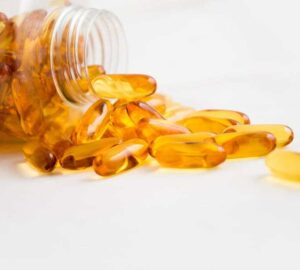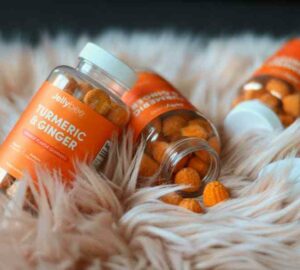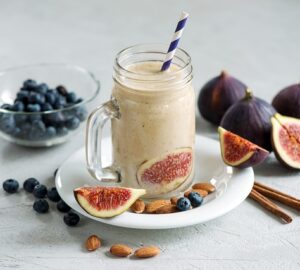If you’re an athlete, you know the feeling that comes after an hard workout: fatigue, muscle soreness, and maybe a little bit of grumpiness if we’re honest. With that said, you can recover faster from your athletic pursuits if you take a few steps to speed your muscle repair and properly care for your body with the right food choices and stretching routine. Keep reading below to learn how to help your body after a difficult workout.
Try CBD oil
CBD oil has a ton of benefits and is quickly being adopted by elite athletes across the world. Here are a few reasons why you may want to consider adding CBD to your recovery routine.
- Boosts your immune system: When you put in a hard effort, the strain can negatively impact your immune system. By introducing CBD into your system, you body can build up its defenses against stress and infections.
- Reduces anxiety: If you suffer from anxiety before races or competitions, CBD can help you feel calmer and quell negative anxiety.
- Quickens recovery: CBD in lotion, cream, or oil forms can help alleviate pain when your muscles are sore from an athletic activity.
- Improves sleep: If you struggle with sleep after working out, CBD can help you feel more relaxed, so you sleep better. As you probably already know, sleep is absolutely critical to your recovery.
- Diminishes inflammation: After a hard workout or stressful day, your body creates an inflammatory response that can prevent you from performing at your best.
Eat adequate amounts of protein
After a workout, your body is depleted of essential nutrients. One nutrient you should focus on consuming is protein. Eating nutritiously right after a workout helps decrease muscle protein breakdown, increases muscle protein synthesis, restores glycogen stores, and helps improve recovery.
The best way to help your body after a workout is by supplying your system with a mix of carbs, fats, and proteins that are easily digested. Below are some suggestions:
- Carbs: Sweet potatoes, chocolate oat milk, quinoa, rice, oatmeal, berries, banana
- Protein: Eggs, plant-based protein powder, salmon, chicken, tuna
- Fats: Avocado, nut butters, nuts
Besides what you eat, it’s also critical that you take the time to drink lots of water as well. It’s very easy for your body to become dehydrated when you’re working out. If you tend to sweat a lot, you may even want to supplement with an electrolyte drink mix.

Develop a good stretching routine
Besides giving your body an adequate cooldown, it’s also important to take the time to stretch post workout while your muscles are still warm. Stretching can help prevent injuries and promotes flexibility. Most importantly for active people, stretching helps improve your blood flow – this means that your muscles can heal more quickly after a workout. In addition, better blood flow means that you can prevent muscles soreness and stiffness.
All you need is 10-20 minutes of careful stretching on a dedicated stretching mat, yoga mat, or even just the floor.
Let your body rest
Overtraining is a dangerous and occurs when you don’t give your body enough time to recover in between sessions. Too much exercise is not good for your training or your health in general. Overtraining syndrome or OTS can actually lower your fitness level, negatively impact your performance, and cause serious injuries.
To avoid overtraining, make sure that you’re only working out within your limits and give yourself plenty of time to recover between workouts.
Symptoms of overtraining include a decline in your athletic performance, tossing and turning during sleep, fatigue, overuse injuries, and a reduced appetite. If you get any of the signals from your body, it’s a good idea to integrate more rest days into your training schedule.
Conclusion: Recovering from training and working out
Although it seems antithetical to relax and sleep when you’re trying to get strong, recovery is essential to your muscle growth and overall health. It’s important that you take the time to allow your body to heal, eat nutritious foods that support your body’s repair functions, and try out CBD oil to help reduce inflammation. With these tips, you can hit a new PR or reach a new distance goal easily.




